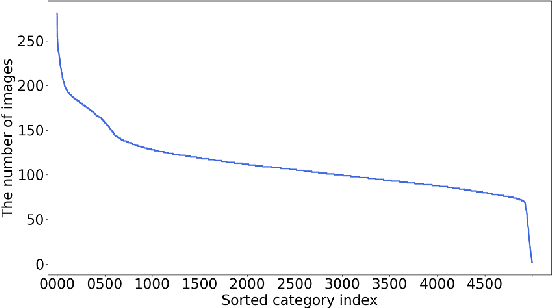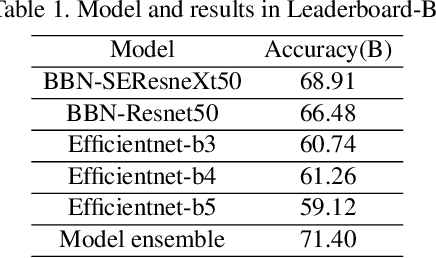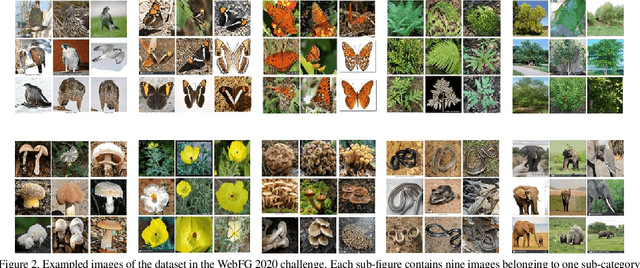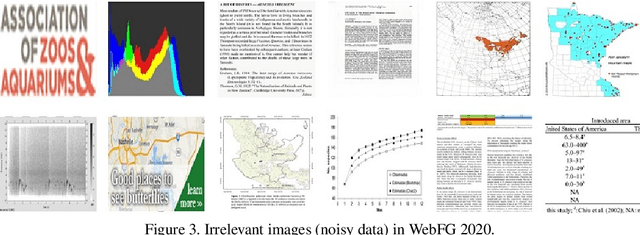Xiaoxin Lv
PCQA: A Strong Baseline for AIGC Quality Assessment Based on Prompt Condition
Apr 20, 2024



Abstract:The development of Large Language Models (LLM) and Diffusion Models brings the boom of Artificial Intelligence Generated Content (AIGC). It is essential to build an effective quality assessment framework to provide a quantifiable evaluation of different images or videos based on the AIGC technologies. The content generated by AIGC methods is driven by the crafted prompts. Therefore, it is intuitive that the prompts can also serve as the foundation of the AIGC quality assessment. This study proposes an effective AIGC quality assessment (QA) framework. First, we propose a hybrid prompt encoding method based on a dual-source CLIP (Contrastive Language-Image Pre-Training) text encoder to understand and respond to the prompt conditions. Second, we propose an ensemble-based feature mixer module to effectively blend the adapted prompt and vision features. The empirical study practices in two datasets: AIGIQA-20K (AI-Generated Image Quality Assessment database) and T2VQA-DB (Text-to-Video Quality Assessment DataBase), which validates the effectiveness of our proposed method: Prompt Condition Quality Assessment (PCQA). Our proposed simple and feasible framework may promote research development in the multimodal generation field.
Tips and Tricks for Webly-Supervised Fine-Grained Recognition: Learning from the WebFG 2020 Challenge
Dec 29, 2020



Abstract:WebFG 2020 is an international challenge hosted by Nanjing University of Science and Technology, University of Edinburgh, Nanjing University, The University of Adelaide, Waseda University, etc. This challenge mainly pays attention to the webly-supervised fine-grained recognition problem. In the literature, existing deep learning methods highly rely on large-scale and high-quality labeled training data, which poses a limitation to their practicability and scalability in real world applications. In particular, for fine-grained recognition, a visual task that requires professional knowledge for labeling, the cost of acquiring labeled training data is quite high. It causes extreme difficulties to obtain a large amount of high-quality training data. Therefore, utilizing free web data to train fine-grained recognition models has attracted increasing attentions from researchers in the fine-grained community. This challenge expects participants to develop webly-supervised fine-grained recognition methods, which leverages web images in training fine-grained recognition models to ease the extreme dependence of deep learning methods on large-scale manually labeled datasets and to enhance their practicability and scalability. In this technical report, we have pulled together the top WebFG 2020 solutions of total 54 competing teams, and discuss what methods worked best across the set of winning teams, and what surprisingly did not help.
 Add to Chrome
Add to Chrome Add to Firefox
Add to Firefox Add to Edge
Add to Edge